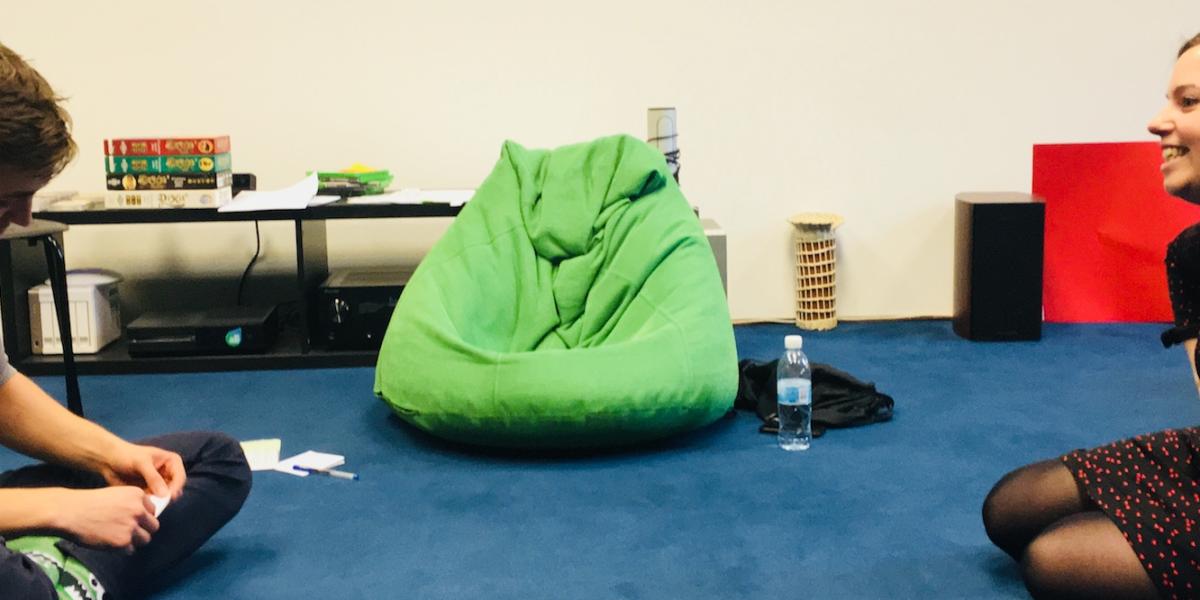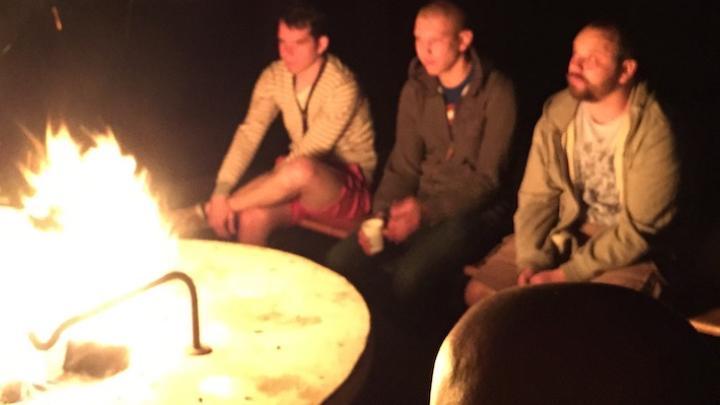
For the second time, we invited Judit Wirth to share her experience on a topic she knows very well: in situations of power, what communication tools do we have to achieve our goals? How can we achieve what we want and become aware of the best outcome? Can we weigh up the losses or potential losses? Judit's decades of experience in supporting abused women gives us much to draw on because, if not to such an extreme, sometimes we too, as less powerful people, have to communicate with those who have more.
I thought I was pretty well versed in assertive communication and had a relatively good grasp of what I was experiencing. I know what I feel my needs and I can articulate my requests. I often get feedback from Gergo or Kulcsi that it's great that I can say things so well. I was happy about it for a long time; I was proud that I could do it.
This feedback started to annoy me more and more in the spring. And the way my colleagues looked at me, I can communicate _anything_ and of course, I can solve _anything_. It frustrated me that I was left to untangle situations.
Untangling complicated, tricky situations takes a lot of energy. If everyone involved can articulate well what they need and work towards a mutually satisfactory solution, it is possible to deal with these situations without significant pain, although energy has to be invested. However, if there is a lack of a high level of awareness among the participants, a lack of shared understanding of the facts, an absence of expression of feelings, needs, and requests, then someone else will have to do the job.
After a while, I became frustrated at being asked to lead a mini-retro. It annoyed me that I have to consider the sensitivities of others when I want to work. I think what bothered me the most was that while I put a lot of energy into thinking about other people's perspectives, intentions, understanding their motivations, I don't get it back in return. During account retrospectives, I tried to express my frustrations about not taking responsibility for other people to figure things out. Much of my assertive communication skills and emotional capacity in the workplace have been tied up in listening to others.
I started this training to help me work more, and others work less. I was irritated right up to the end of the training, hoping that there would finally be a part where I would be understood, where I would be listened to. At the end of the third session, I tried to stand up for myself assertively in front of the others in a fictional situation in an "aquarium" exercise. I represented myself as a developer in the game, while my manager asked me why I didn't bring as many story points as I undertook. Of course, Gabor was trying to make the conversation difficult on the other side. I found myself focusing on myself and the tools in the game. Finally, I was not thinking about understanding the other person and making his job more accessible, but simply representing myself, non-violently, not guessing the other person's motivations. I felt that it went well because Gábor sometimes had to ask others for help on continuing to be a bastard. I never for a moment felt insecure; I knew what I wanted to say, what I wanted to achieve. I knew what I didn't want to accept from him.
I knew what I didn't want to accept from him.
It was only a few days after the workshop that it all came together for me what I had learned. For me, it was not about whether I could go through the four steps. For me, two things were necessary: firstly, others were getting deeper into the subject. More and more people in the company are becoming more and more proficient in using non-violent communication. And secondly, I have the right to advocate for myself and don't have to spend my energy on others but can consistently spend it on myself. This will remove the feeling that the NVC is designed to make me work harder and use it for what it is meant to be: to assert my interests in a non-violent way.
Share with your friends!


